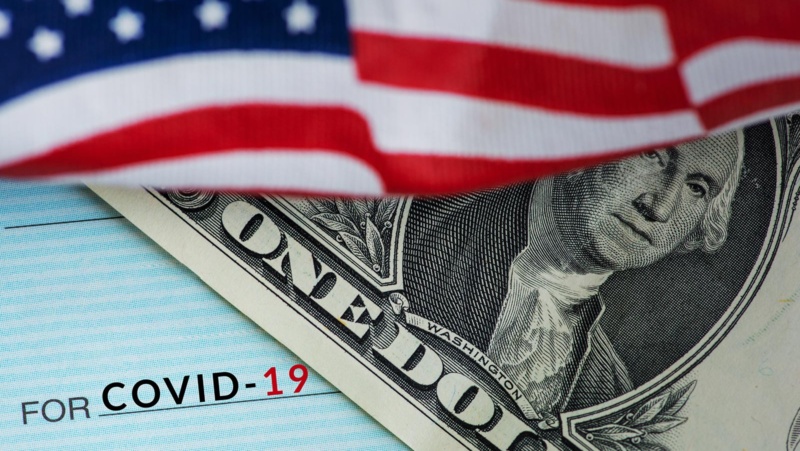An often-overlooked issue for incorporated healthcare professionals is the potential for the value of their professional corporation shares to be taxed twice (as discussed in our March 11, 2022 article “Caution! Be aware of a double tax risk for your professional corporation”).
Fortunately, the Income Tax Act provides strategies to eliminate double tax exposure by allowing you to choose between paying tax on the value of your shares as either a dividend or a capital gain, rather than both.
One strategy to address double taxation on the value of your professional corporation’s shares is a “corporate pipeline” which eliminates the dividend so that the only tax paid is on the capital gain received by your estate.
The Corporate Pipeline strategy, in summary, requires the creation of a new corporation at death to allow your heirs to extract your professional corporation’s assets on a tax-free basis. Double tax is eliminated because your heirs, based on CRA’s rules, can extract the assets without triggering a dividend. The only tax paid is on the capital gain reported in the final personal tax return of the deceased.
The “Corporate Pipeline” strategy works as follows:
- As noted above, let’s say your professional corporation, based on the fair market value (“FMV”) of its assets, is worth $5 million. The deemed disposition of your shares (the “original shares”) at death triggers a capital gain of $5 million in your final tax return. Assuming a capital gain tax rate of 29.76 percent, a capital gain tax of approximately $1.3 million would be owing.
- Your estate acquires your original shares with an adjusted cost base (“ACB”) equal to the $5 million value. Your original shares can now be distributed from your estate to your heirs with no capital gain triggered as their FMV and ACB are both $5 million.
- Your heirs create a new corporation, whose shares they own, and they then transfer your original shares to this new corporation. Again, no capital gain arises because the FMV and ACB of the shares are both $5 million. As compensation for the original shares, the new corporation gives your heirs a promissory note for $5 million.
- Your professional corporation buys back your original shares from the new corporation, paying for them with a $5 million promissory note. The promissory note is repaid to the new corporation using $5 million of cash that the professional corporation obtained through the sale of its assets.
- In turn, the new corporation uses the cash it receives to repay its $5 million promissory note owed to its heirs. At this point, both your professional corporation and the new corporation likely no longer hold any assets and they can be dissolved without tax consequences.
- By arranging the withdrawal of assets from your professional corporation without triggering a dividend, the pipeline strategy reduces the total tax obligation on the $5 million value of your original shares by approximately $2.4 million (assuming a tax rate of 47.74 percent on non-eligible dividends).
Planning with corporations can be very complicated. Need help with your estate planning? The experienced team of professionals at Ernst and Company is available for personalized assistance. Please contact us today.






